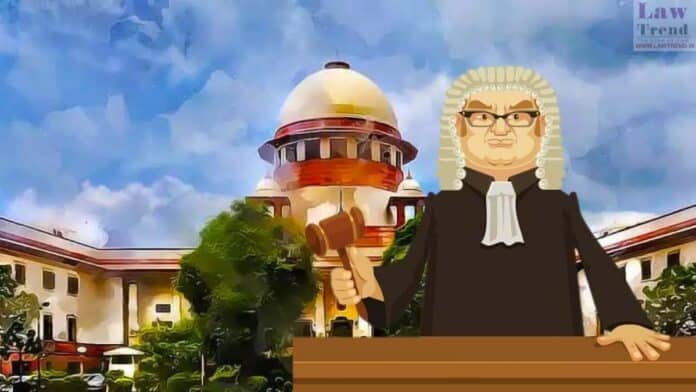The Supreme Court of India on Thursday expressed strong disapproval of a petition seeking the registration of a First Information Report (FIR) against sitting judges of the Delhi High Court. A bench comprising Justices Surya Kant and Joymalya Bagchi questioned the very tenability of prosecuting judges for delivering judgments and, finding the issue unclear, appointed Senior Advocate S. Muralidhar as an amicus curiae to assist the Court.
The matter came before the Supreme Court through a petition filed by a litigant. The core prayer in the petition was for a direction to register an FIR against certain judges of the Delhi High Court, presumably in relation to judgments rendered by them that were adverse to the petitioner.
The counsel for the petitioner submitted before the bench that the plea was specifically for the registration of an FIR against sitting High Court judges. The lawyer stated, “This plea seeks registration of FIR against sitting HC judges. The issue is when I am the topper of the exam, but all judges.. ideally case should be heard by court 1.”
The Bench of Justices Surya Kant and Joymalya Bagchi took immediate exception to the nature of the plea. The Court questioned the fundamental legal premise of the petition, asking the petitioner’s counsel to show the law under which a judge could be subjected to criminal prosecution for their judicial pronouncements.
In a direct observation, the Court remarked, “Tell me under which law judges are liable to be prosecuted for giving judgments against you. just because there are illegal, perverse petitions being filed . You cannot ask FIRs against judges.” The bench highlighted the principle of judicial immunity, which protects judges from legal action for acts performed in their judicial capacity.
Stating that it was unable to clearly comprehend the issue presented in the petition, the Court decided to seek assistance to adjudicate the matter. The bench passed an order appointing Senior Advocate Dr. S. Muralidhar as amicus curiae to provide his expertise.
The Court directed, “We appoint Dr Muralidhar as an amicus. Let paper book of plea be provided to the amicus.” The matter will be heard further after the amicus curiae has had an opportunity to examine the case files.




